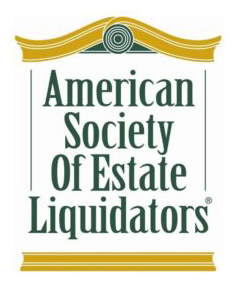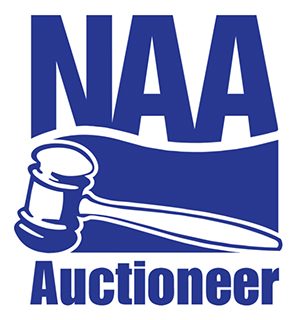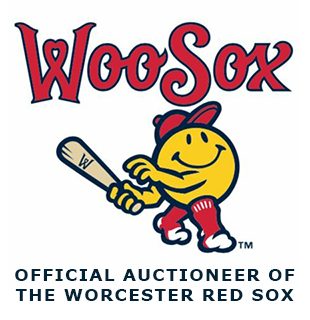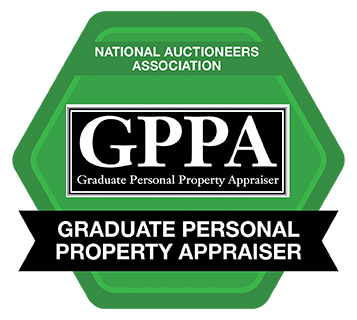Frequently Asked Questions
General questions
At an auction, an auctioneer accepts bids from bidders who compete to own an item. At an estate sale items are priced so buyers may purchase them from the estate or home. The estate sale typically takes place over a weekend.
An online auction is good for large and valuable items. We have online estate auctions to sell fine furnishings, boats, automobiles, motorcycles, the inventory of a large home-staging company, and even an aircraft engine.
We offer a preview at the estate, whenever possible. By allowing prospective bidders the opportunity to view the items, we maximize selling prices for our sellers. We also attract many local bidders because of targeted promotion in the area of the online auction (often here in New England).
Many estate sale companies don’t allow sellers and estate personal representatives to attend estate sales. We don’t prohibit clients from attending, but we recommend against it. A sale can be very emotional for the consignor – sometimes to the point that he or she interferes in the sale of an item. Also, family members often think of objects in terms of sentimental value, and not in terms of what someone else realistically will pay. We price items based on recent market research and on years of experience.
Most often we sell items from <a href=”https://centralmassauctions.com/service-areas/”>New England</a> estates. But consignors also have shipped auction items to us from the South, Midwest, West Coast, and Europe. For an estate sale, it is best to sell the items right in the estate.
How will you make sure I get the maximum return for them?</strong><br>On the rare occasions we’re not knowledgeable enough about your items, usually we’ll call in consultants and appraisers.
- Make certain you want or need to sell your items.
- Think about the alternatives and their drawbacks.
- Make sure the auctioneer you’re considering is licensed, if a license is required in your state.
- Read its clients’ online reviews.
Auction preview: A period prior to the auction when bidders can examine items that they are interested in.
Specialty auction: An auction for one specific type of item. For example, at a coin specialty auction only coins will be sold.
Hammer price: The price that the item brings when the last bid is cast.
Consignor: The person or estate hiring the auctioneer to sell items.
Auction preview: A period prior to the auction when bidders can examine items that they are interested in.
Specialty auction: An auction for one specific type of item. For example, at a coin specialty auction only coins will be sold.
Hammer price: The price that the item brings when the last bid is cast.
Buyer’s premium: An additional amount (typically 15%) that the buyer pays above the hammer price at an auction. Typically the buyer’s premium helps with promotion, labor, and the auctioneer’s other expenses.
Bid calling: The process used by the auctioneer to solicit bids from the audience
As-is: How auctioneers typically describe an item they are selling in its current condition, with any inherent flaws or in less-than-mint condition.
Auction questions
A referral from a friend, attorney, financial planner, or other trusted source is the best way to find a good auctioneer. Also, check reviews. In Massachusetts an auctioneer is required to be licensed and bonded. Insurance isn’t required, but we carry additional insurance.
Attend one of the auctioneer’s auctions before you consign, to see whether he or she is a good fit for you.
Gauge the auctioneer’s knowledge in the things you plan to sell. Ask him or her to tell you a little about a few of the items you bring.
There are many different auctioneers, and many specialize in different areas. Some of the major, most-known auction houses may only handle objects worth $10,000 or more. Some auctioneers auction household goods that may sell for a few dollars. Your specific situation and needs strongly influence which auctioneer(s) you can or should work with.
Questions about Central Mass Auctions
2. We attract bidders from Boston, Providence, Hartford, Springfield, and all of New England. We also have absentee bidders and telephone bidders who bid throughout the United States and foreign countries.
3. We offer several ways to sell objects for our clients, and figure out the best one. Sometimes all of the items are sold at a live auction, estate sale, or online auction. Often some items will sell better at auction and others at an estate sale.




